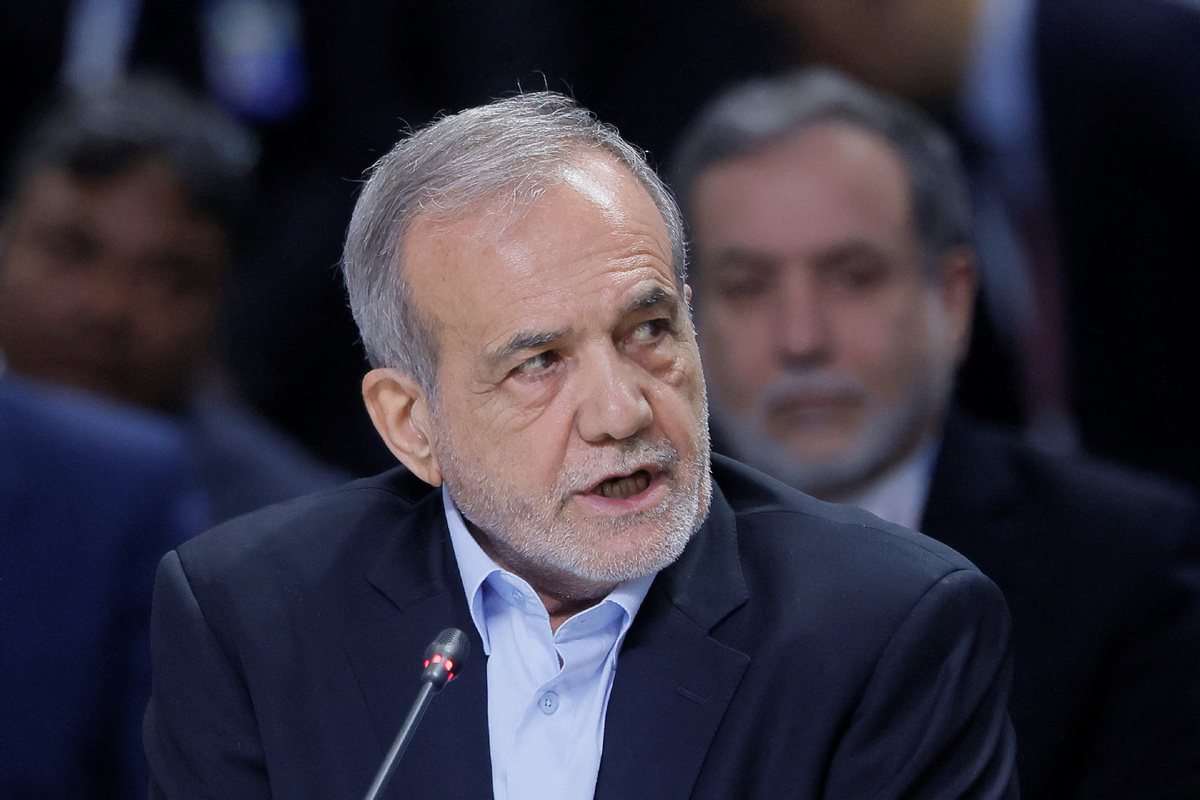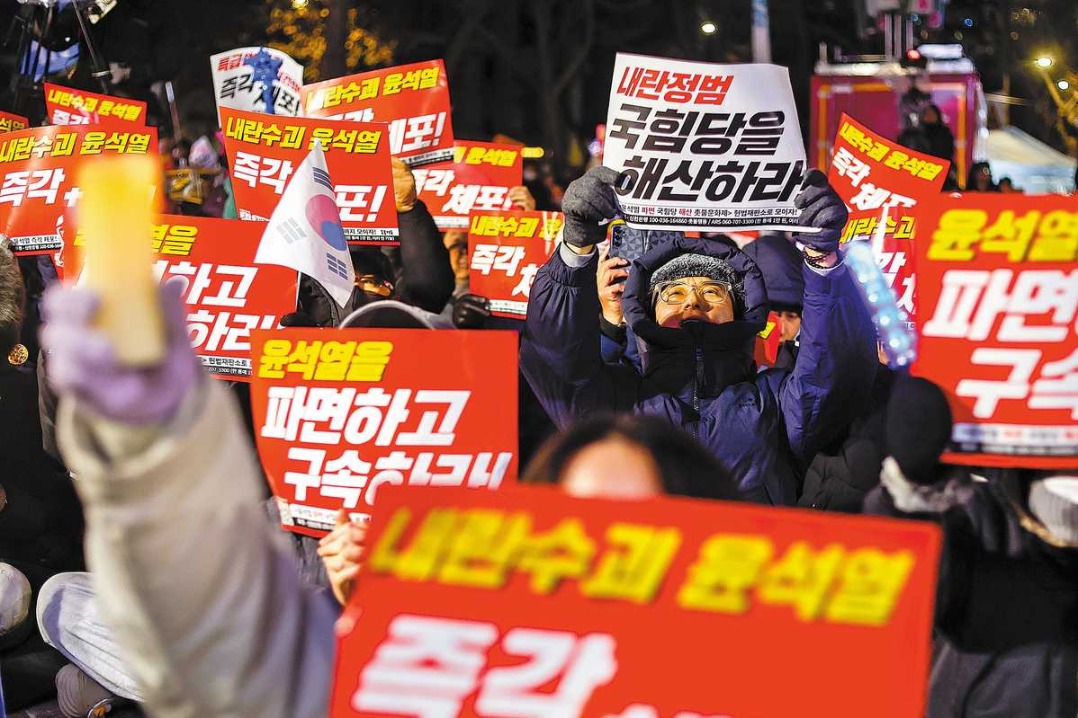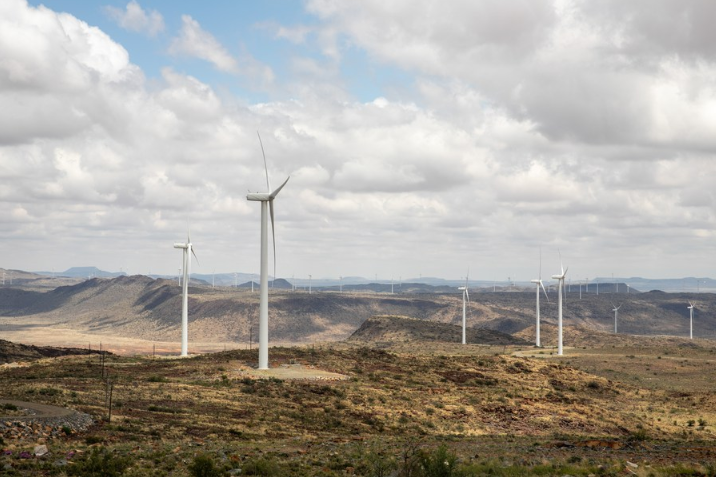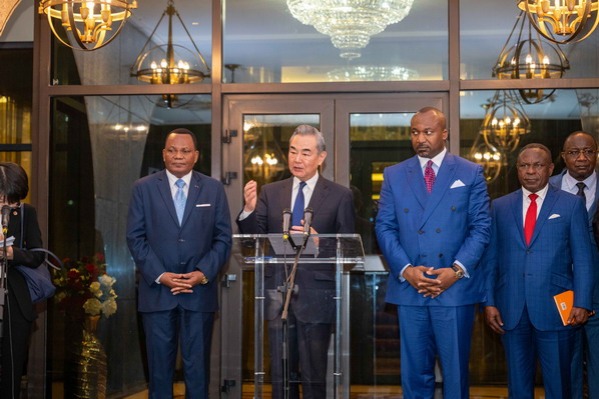Iran stays committed to nonnuclear defense
President affirms Teheran's readiness for talks despite Washington's pullout


Iran has no plan to acquire a nuclear bomb based on its ideological beliefs, President Masoud Pezeshkian said on Tuesday, emphasizing Teheran's commitment to fostering friendly relations with other countries.
"The Islamic Republic has absolutely no intention of utilizing its nuclear capabilities for military purposes based on its ideological beliefs and a fatwa by Supreme Leader Ali Khamenei," Pezeshkian said during a meeting with the United Kingdom's new ambassador, news network Iran International reported.
Iran's nuclear development has been subject to restrictions stipulated in the 2015 Joint Comprehensive Plan of Action, or JCPOA, an agreement signed by Iran and the P5+1 group — China, France, Russia, the United Kingdom, the United States and Germany.
However, the US withdrew from the deal in 2018 and reintroduced unilateral sanctions on Iran.
A new round of talks between Teheran and three European countries — France, the UK and Germany — is scheduled for Monday in Geneva, Switzerland.
Pezeshkian affirmed on Tuesday Iran's readiness for all parties to return to the JCPOA and fulfill their mutual commitments while referring to the US withdrawal and the European parties' failure to compensate for it, despite Iran's adherence to the deal's terms, the official IRNA news agency reported.
He also highlighted his administration's aim to promote consensus inside the country and friendly interactions with countries worldwide, IRNA said.
Majid Takht-Ravanchi, Iran's deputy foreign minister for political affairs, said in a recent interview with Italy's Radio Radicale that acquiring nuclear weapons has no place in Iran's defensive doctrine.
Teheran has lived up to its commitments in its relations with the International Atomic Energy Agency, Takht-Ravanchi said, adding that Iran is a member of the Non-Proliferation Treaty.
Consistent position
"In all these years, our position has been consistent and transparent," he said. "We are ready to talk within the framework of the JCPOA."
Abdolreza Alami, director of the Asia West East Centre in Kuala Lumpur, Malaysia, told China Daily that the statements by Pezeshkian and other Iranian officials underscore Teheran's commitment to its obligations under the JCPOA.
The leaders attribute the current crisis to the US' unilateral withdrawal from the accord and Europe's inaction in addressing the fallout, said Alami, who is also a senior lecturer at the Faculty of Communication and Media Studies at Universiti Teknologi MARA in Malaysia.
While previous Iranian administrations demonstrated a willingness to engage in dialogue while safeguarding national interests, Pezeshkian's government, with its reformist outlook and emphasis on de-escalation, has expressed readiness to enter negotiations while adhering to established principles and prior commitments, Alami said.
This approach could pave the way for the initiation of new talks, he added.
Economic challenges and the pressures of sanctions have amplified the necessity for such negotiations from Iran's perspective, he said.
However, he cautioned that the potential inclination of the incoming US administration to expand the scope of discussions to include other domains may complicate the process.
Alami further explained that evolving regional dynamics, such as the Gaza crisis, have rendered the current conditions for dialogue more complex compared to those during the initial JCPOA negotiations.
Nevertheless, he said that in politics, all possibilities remain open, and this juncture could provide a foundation for significant new developments.

































